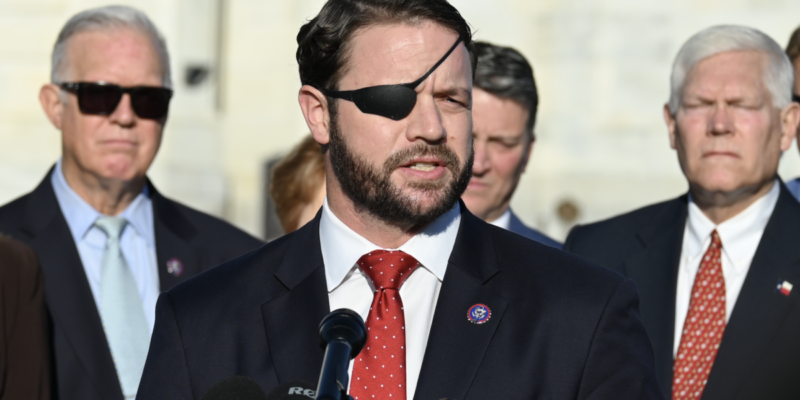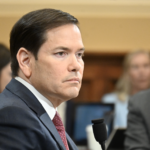With illegal border crossings dropping, U.S. officials are shifting attention to the violent Mexican drug cartels fueling the fentanyl crisis, and Congressman Dan Crenshaw (R) is leading the charge.
“There is a true terrorist insurgency in a country that is right on our border. That’s just something we can’t accept as a security issue,” Rep. Crenshaw said in an interview with Texas: The Issue Is. “You just can’t have a Mexico that is a narco state. That’s not good for America.”
Now, Rep. Crenshaw says, a key shift in leadership south of the border could mark a turning point. Mexico’s new president, Claudia Sheinbaum, is signaling a willingness to partner with the U.S. in a way previous administrations have not.
“There’s a new administration in Mexico, which has opened up a huge amount of opportunity,” Crenshaw said. “They want to partner with us in a way that Mexico has not wanted to partner with us before.”
Crenshaw says Sheinbaum’s government is asking for specific support, air assets, intelligence, and equipment, to confront well-armed and deeply embedded criminal networks.
“They don’t have close air support assets like we would have. They don’t have enough Blackhawks for transport. They don’t have enough intelligence and ISR platforms. We need to have a program where we deliver this.”
In response, Rep. Dan Crenshaw is developing the North America First Security Assistance Initiative, a proposed framework for providing training, money, and equipment to Mexican forces. The goal is to neutralize the cartels responsible for trafficking drugs and humans across the U.S. border, and for the violence and instability within Mexico itself.
Crenshaw said the plan has support from President Donald Trump, whose blunt approach aligns with the initiative’s hard-nosed strategy.
“He put it in very simple terms, you know, ‘We want to kill them, right?’ That’s the Trump administration’s position and that’s also the Mexican administration’s position,” Crenshaw said.
The congressman emphasized that the effort isn’t just military, it will include coordination across law enforcement and intelligence agencies such as the DEA, FBI, and DOJ.
“We’re developing that counterinsurgency strategy,” Crenshaw said. “It involves all levels of government.”
For Crenshaw, the moment is urgent and historic. “We’ve got to walk through that door of opportunity,” he said. “This is our chance to partner with Mexico like never before — and stop the carnage these cartels are inflicting on both sides of the border.”














